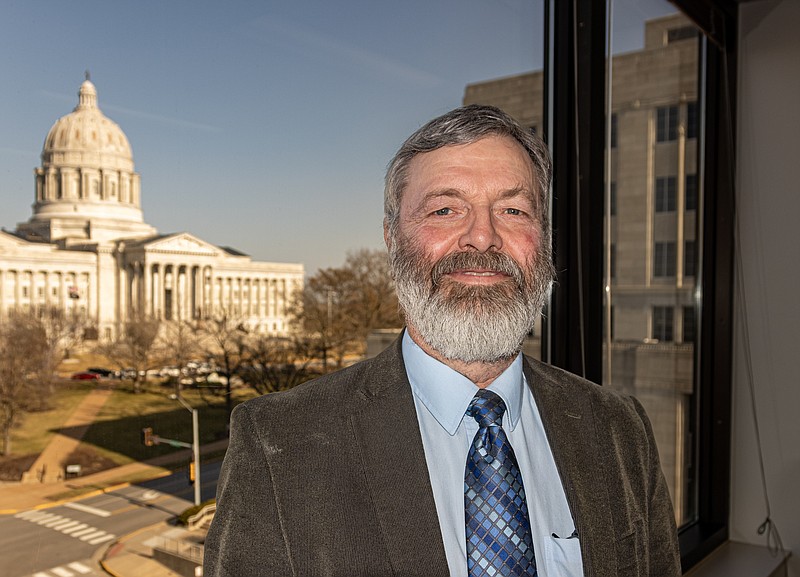Leroy Wade understands the transformative nature of a post-secondary education.
It's part of what's kept him employed with Missouri's Department of Higher Education since 1986.
"We put things in place that help people when they need us the most. We put things in place to give people a leg up and an ability to make change in their lives," he said. "And that seems like such a noble undertaking."
Wade has served as Missouri's interim higher education commissioner for the past seven months. He was appointed to the role last July after the previous commissioner resigned for a position at Missouri State University. It's the second time Wade has served as interim higher education commissioner.
The 69-year-old New Bloomfield native celebrated his 37th anniversary with the department last month.
Wade said his interest in public service developed early.
He studied political science and received an undergraduate degree from Westminster College in Fulton, then followed that up with a master's degree in public administration from the University of Missouri.
Wade was working for Callaway County when he began looking for a job with the state. He applied to work in the state census center formerly housed within the department of higher education but didn't get the job. Instead, he was offered a job as the administrative assistant to the department's deputy commissioner.
"Apparently, I caught somebody's eye so they called me back," he said with a laugh.
Since then, Wade said he's done just about everything in the department. He's been a legislative liaison, worked in academic affairs, helped craft budgets and led the team responsible for licensing proprietary schools in Missouri. He also served on the New Bloomfield school board for 12 years.
"It's always been, in some way, student-focused," he said of his career with the state. "Trying to help individuals live out their dream, to achieve the kinds of things they want to do, to open doors for them to be able to do what they want to do or go in the direction they want to go."
Neither of Wade's parents graduated college, and his father didn't attend school after eighth grade.
A first-generation college student, he said he knows first-hand how much an education can impact individual lives and the trajectory of families.
"As I've learned, life isn't always a straight line," he said.
One of the areas Wade said he sees the most direct impact on Missourians is through the state's financial aid programs.
The federal government is the largest source of student financial aid but state programs help fill in gaps and push people to their next step, Wade said. Students receiving state financial aid awards tend to have higher completion rates than the average student population, he added.
"The work that we do has an impact," he said. "I think it changes people's lives. I think it moves people in a positive direction."
Another factor preventing retirement, Wade said, is the team he's surrounded with.
Leading the agency for a second time, he said there are new opportunities and challenges. The last time Wade was interim commissioner, the department of higher education had not yet been merged with the department of workforce development.
He oversaw about 70 employees while temporarily leading the standalone department of higher education and now has a staff of more than 300 focused on both higher education and workforce development initiatives. The combined Department of Higher Education and Workforce Development has different responsibilities and offers different services, he said.
"The flipside of that is there's more opportunity for impact as well," Wade said.
Throughout his career, Wade said there's been a social shift in appreciating how intertwined education and work life can be. Coordinating the two serves Missourians better long term, he said.
College degrees and certificates shouldn't be viewed as end points, Wade said, because "there's really a continuum that those kinds of things open up for a person."

